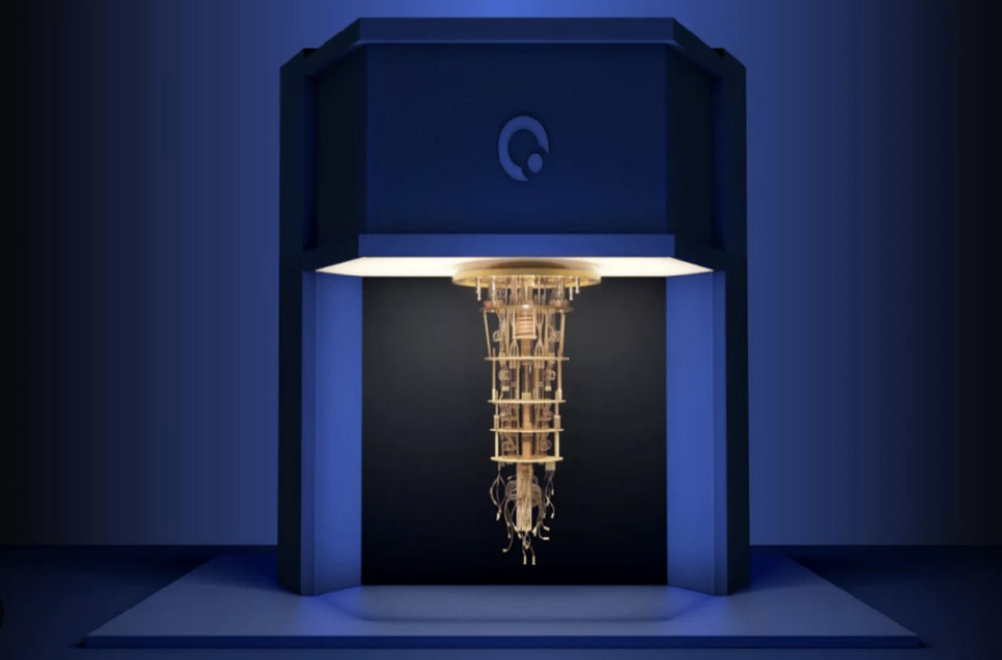Phoenix Partners with Origin Quantum to Democratize Quantum Computing

Phoenix has announced a strategic partnership with Origin Quantum, a leading quantum computing firm in China, to integrate its 72-qubit superconducting quantum chip into a decentralized AI and compute network. This collaboration aims to democratize access to quantum computing, making it more accessible to a broader audience. By leveraging Origin Quantum’s advanced technology, Phoenix plans to create virtualized nodes that will deliver quantum computing capabilities in a simplified API format and through a quantum compute terminal, significantly reducing costs and complexity associated with deployment and development.
The foundation of this partnership lies in Origin Quantum’s latest superconducting quantum computer, known as “Origin Wukong,” which boasts 72 working qubits and 126 coupler qubits. This technology is already operational and has been applied in various fields, including biosciences, material engineering, and quantum machine learning. Notably, the latest advancements in quantum AI have seen implementations of deep neural networks on Origin’s quantum computers, marking a significant step forward in the integration of AI and quantum technologies.
To further enhance accessibility, Phoenix is developing QuantumVM, a web-based quantum computing platform that will allow users to run quantum applications without the need for coding expertise. This initiative is expected to launch in early Q2 2025, providing researchers and developers with the tools to create and execute quantum functions easily. Tiger Li, Ecosystem Head of Phoenix, emphasized the importance of this partnership, stating that it represents a novel approach to computing and aims to combine cutting-edge technology with practical applications in both AI and quantum fields.
Related News





